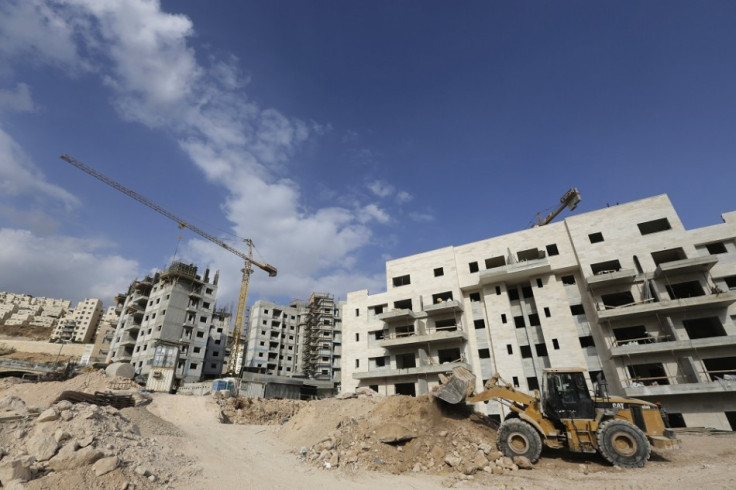Israel approves hundreds of new housing units in West Bank settlements
The US said the new development 'poses a serious and growing threat to the viability of a two-state solution'.

Israel has approved the building of hundreds of new housing units in the Jewish settlements of the West Bank on Wednesday, 31 August, and retrospectively legalised more.
The Civil Administration's High Planning Committee gave approvals to the construction of a 234-unit nursing home in Elkana, 31 homes in Beit Arye and 20 in Givat Zeeve. The committee has also declared legal the 179 existing houses in Beit Arye, built in the 1980s. The housing units planned in Elkana will require a hearing before final approvals are issued. According to Haaretz, another plan to build houses in Efrat settlement was scrapped in the last minute because of fear of US pressure.
In early August, a Jerusalem district panel gave approvals for the construction of 56 homes in Jerusalem's Ramot neighbourhood.
The United States said the new development "poses a serious and growing threat to the viability of a two-state solution." Josh Earnest, White House spokesperson, described the approvals as "significant expansion of settlement activity."
He added, "We are particularly troubled by a policy of retroactively approving illegal outposts and unauthorized settlements. I think we have been quite unambiguous about the concerns we have on this issue."
According to settlement watchdog Peace Now, the latest approvals bring the total number of housing units in settlements approved this year to 2,623. The number also includes 756 illegally built houses that have been legalised retrospectively.
Around 570,000 Jewish settlers live in more than 100 settlements that have been built since Israel began the Occupation of East Jerusalem and West Bank in 1967. Under international law, the settlements are considered illegal.
In a statement, UN special co-ordinator for the Middle East peace process, Nickolay Mladenov, on Monday, 29 August, criticised Israel for the settlement activities. He told the UN Security Council, "It is difficult to read in these actions a genuine intention to work towards a viable two-state solution. This appears to reinforce a policy, carried out over decades, that has enabled over half a million Israelis to settle in territory that was occupied militarily in 1967."
In reaction, a spokesperson for Prime Minister Benjamin Netanyahu said: "Jews have been in Jerusalem, Judea and Samaria for thousands of years and their presence there is not an obstacle to peace."
© Copyright IBTimes 2025. All rights reserved.





















